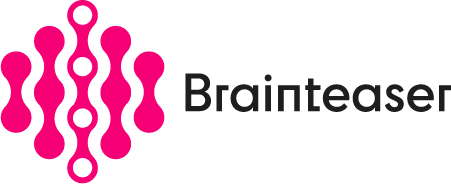
CRESLA Torino and Turin MS Centre
The Turin ALS Centre (CRESLA Torino) is part of the “Rita Levi Montalcini” Department of Neuroscience of the University of Turin (UNITO). UNITO is one of the largest Italian universities, with about 80.000 students, 3.900 employees, 1.800 post-graduate and post-doctoral research fellows.
The Turin ALS Centre is also part of the Medical Department of Neuroscience and Mental Health of the Città della Salute e della Scienza di Torino (City of Health and Science of Turin), Neurology 1 Unit. The Turin ALS centre represents the Regional ALS Reference Centre for Piemonte Region and currently has more than 300 ALS patients followed up. The centre is involved in clinical research (clinical trials, genetics, deep phenotyping) and basic research in collaboration with several laboratories in Italy and Europe.
Patients involved in the study
The recruitment phase for the BRAINTEASER clinical study has successfully concluded, enrolling 27 ALS patients and 57 MS patients. The focus now shifts to tracking these participants to collect essential longitudinal data. This will provide valuable insights into disease progression and help evaluate the real-world effectiveness of the study interventions.
Key takeaways from the BRAINTEASER observational study
The study has offered several critical insights that could influence future approaches to ALS and MS care. Remote monitoring has proven effective in keeping patients engaged and informed about their health, reducing the strain on healthcare facilities and empowering patients to play an active role in managing their conditions. Additionally, the importance of strong communication between patients, caregivers, and healthcare providers has become evident, as it fosters trust and improves adherence to interventions. Feedback from participants highlights the value they place on the structure and support provided by the BRAINTEASER model, making it a sustainable approach for long-term disease management.
Patient and caregiver perspectives on the BRAINTEASER model
Patients and caregivers have responded positively to the BRAINTEASER model. They appreciate its personalised care approach, the app’s features, and the benefits of remote monitoring. The model also raises awareness of key factors like air quality and physical activity, which have a significant impact on overall well-being and disease management. This empowerment has further enhanced the experience of participants in the study.
Future plans for BRAINTEASER
With the conclusion of the BRAINTEASER project, the focus will shift toward leveraging its promising findings to enhance clinical care. Efforts will include refining and integrating remote monitoring strategies into routine clinical practice to optimise patient care and improve outcomes. The predictive capabilities of the AI models developed during the study will also be tested in real-world clinical settings, aiming to improve early detection and enable timely interventions for ALS progression and MS relapses or symptoms. These advancements aim to ensure that the benefits of the BRAINTEASER project extend beyond its lifespan and contribute to more efficient, patient-centred care.
